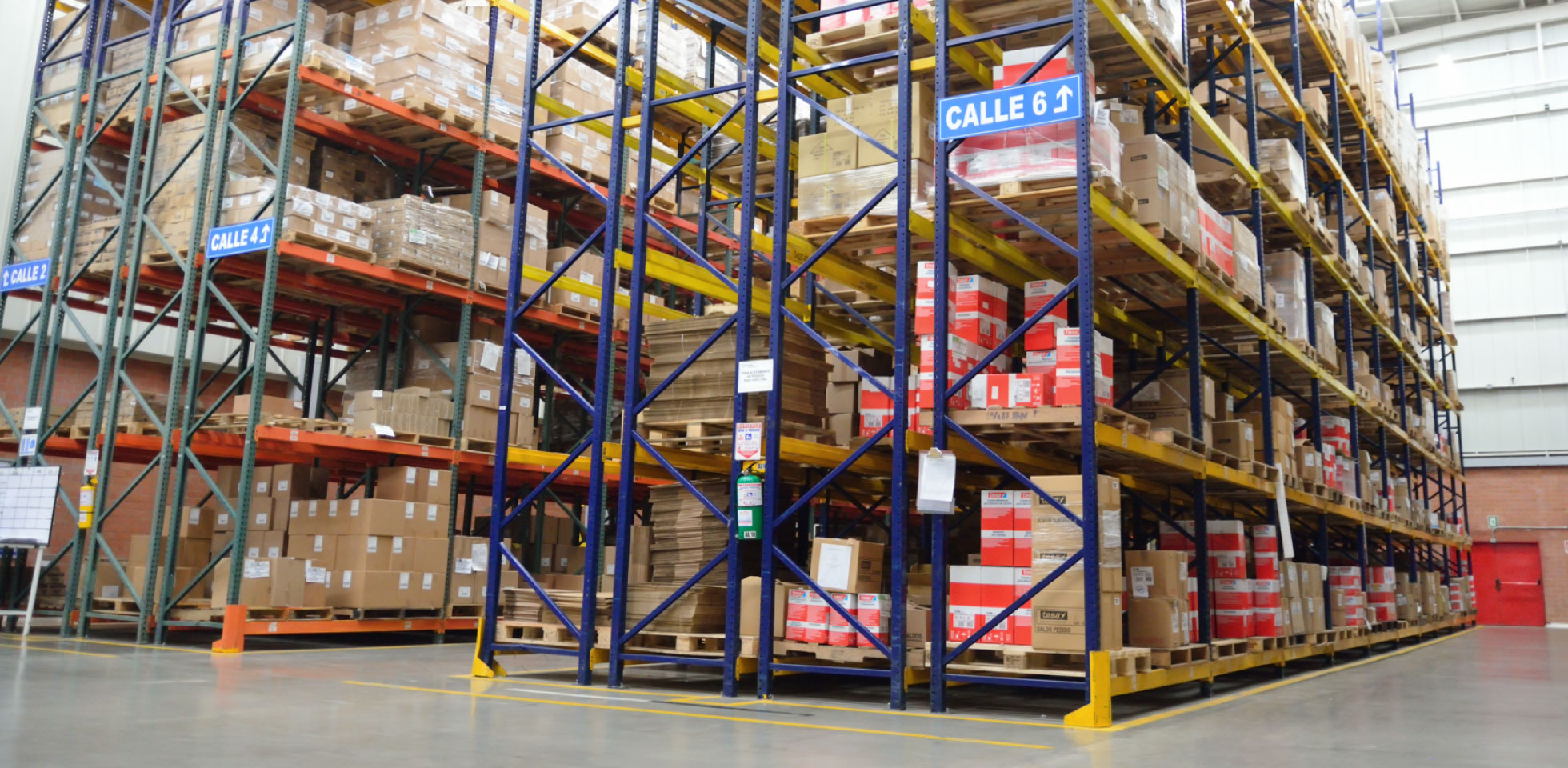The Inevitable Transformation of International Logistics in the Digital Age Within the intersection of global commerce and the digital age, international logistics is in the midst of a transformative revolution. This phenomenon, driven by the growing influence of emerging technologies such as artificial intelligence, robotics, and the digital supply chain, has transcended mere evolution to become an unavoidable revolution.
The vital role that logistics plays in the global supply chain places it at the forefront of innovation, where digitalization improves operational efficiency and redefines the very fundamentals of logistics management. In this context, the massive deployment of automation in logistics processes reveals itself as a fundamental catalyst for efficiency improvement. From product reception to last-mile delivery, technology minimizes human errors and accelerates operational flow, reducing costs and optimizing productivity.
The adoption of advanced inventory management and order execution systems represents a paradigm shift, allowing logistics companies to keep up with market demands, and above all, to anticipate them. However, digitalization is not limited to operational optimization; it also introduces a new dimension of transparency and real-time visibility into the international supply chain. The interconnection of systems along the chain allows for constant monitoring of shipments, providing companies with accurate and timely information about the location and status of products. This comprehensive visibility not only simplifies strategic decision-making but also strengthens companies’ ability to anticipate and effectively manage logistics challenges.
Opportunities of Digitalization in International Logistics: Beyond Operational Efficiency
- Efficiency Improvement: Automation and Error Reduction The automation of logistics processes emerges as the bastion of operational efficiency. From inventory management to order execution, technology drastically reduces human errors and accelerates work cycles. This boost in efficiency improves productivity and reduces operational costs, providing an essential competitive margin.
- Visibility Improvement: Real-Time Transparency The digital supply chain offers real-time visibility and transparency. The ability to track and monitor shipments allows logistics companies to make informed decisions. From inventory management to route planning, optimized visibility leads to more agile and accurate decision-making.
- Sustainability Improvement: Environmentally Conscious Innovation Digitalization stands as an ally in the pursuit of sustainability. From the implementation of low-emission vehicles to route optimization to reduce carbon footprints, logistics companies can proactively address their environmental impact. Investing in sustainable technologies is ethical, strategic, and dynamic, positioning companies as leaders in corporate social responsibility.
Challenges of Digitalization in International Logistics: Overcoming Obstacles for Sustainable Success
- Investment in Technology: A Challenge for Small and Medium Enterprises While digitalization offers opportunities, the initial investment can be a barrier for smaller companies. The careful evaluation of costs and benefits, along with the identification of scalable solutions, becomes an imperative. Financing strategies and strategic partnerships can be key to overcoming this challenge.
- Change Management: Redefining Processes and Cultures Digitalization implies a profound metamorphosis in processes and organizational culture. Change management becomes a critical necessity. Companies must adopt holistic approaches, fostering adaptability among employees and providing resources for a smooth transition to new technological paradigms.
- Security: Protecting Assets in a Digital World Digitalization increases exposure to cyber risks. Cyberattacks represent a constant threat. Logistics companies must prioritize cybersecurity, implementing robust measures to protect sensitive data and ensure operational integrity. Investment in advanced security systems is essential to mitigate these risks.
The Comprehensive Strategy on the Path to Logistics 4.0
Digitalization is not simply an evolution, but a revolution in international logistics. Those companies that embrace this transformation with determination and adopt a strategic approach will be well equipped to lead the way to a more efficient, sustainable, and competitive logistics future. Recommendations for Logistics Companies in the Digital Age: Strategies for Lasting Success
- Develop a Digitalization Strategy: Strategic planning should be detailed and specific. Companies should develop digitalization strategies that clearly define objectives and an action plan tailored to their particular needs and challenges. Flexibility and adaptability are key at this stage.
- Invest in Technology: Investment in technology should be a priority, but it should also be strategic. Selecting suitable technological solutions and effectively integrating them into existing systems is crucial for the success of digitalization. Companies should consider long-term investments and constantly evaluate emerging new technologies.
- Train Employees: Training and skill development are fundamental for a successful transition. Providing employees with knowledge about new technologies and processes is essential to ensure efficient and effective adoption. Continuous training programs will help keep teams up-to-date in a constantly evolving technological environment.
Work with Strategic Partners: Collaboration with strategic partners specialized in digitalization can be key. These partners bring knowledge and experience, facilitating the development of strategies, the implementation of technologies, and staff training. Forming strategic alliances can offer a competitive advantage by providing access to specialized resources and knowledge.
Ultimately, digitalization in international logistics is an evolution that leads to a necessary revolution. Those companies that embrace change with determination, adopt a strategic approach, and apply proactive measures will be well equipped to lead the way to a more efficient, sustainable, and competitive logistics future.






